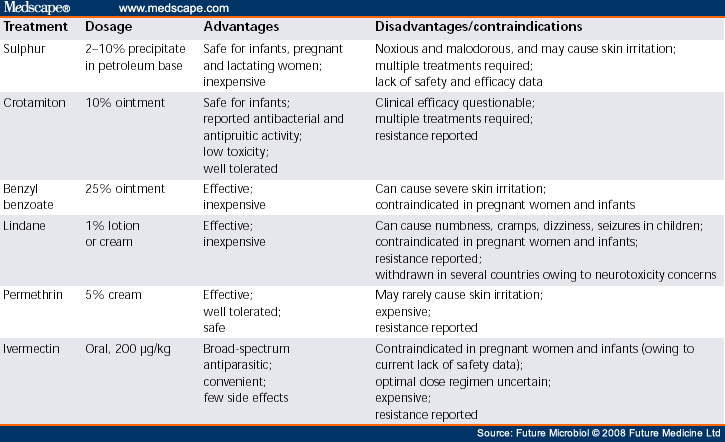Consequences of Acaricide Resistance & the need for Molecular Diagnosis
The emergence of acaricide resistance is a serious threat to the control of scabies. As outlined previously, there are very few effective drugs currently available for scabies, and the development of new drugs is unlikely in the near future. Scabies is a neglected disease, and although there may be potential for immunological control, a vaccine or other immunotherapy may be decades away. It is therefore essential to prolong the life of the limited available drugs if we are to achieve sustainable control of this disease.
Assessment of drug efficacy in scabies is currently based on clinical reports and/or in vitro drug-sensitivity studies. These can be costly, labor intensive and time consuming. Furthermore, because most scabies patients generally have fewer than ten mites present in the skin, in vitro studies are only possible for cases of crusted scabies and therefore their application is limited. The development of molecular methods for assessing drug susceptibility would enable much greater sensitivity, and genetic changes associated with resistance could be detected before they are widely prevalent. While molecular tools have been developed and applied to monitor parasitic drug resistance in many medical, veterinary and agricultural settings (for examples see[39,40,41]), little work has been undertaken in human scabies.
Future Microbiol. 2008;3(1):57-66. © 2008 Future Medicine Ltd.
No writing assistance was utilized in the production of this manuscript.
Cite this: Scabies: Molecular Perspectives and Therapeutic Implications in the Face of Emerging Drug Resistance - Medscape - Feb 01, 2008.






Comments